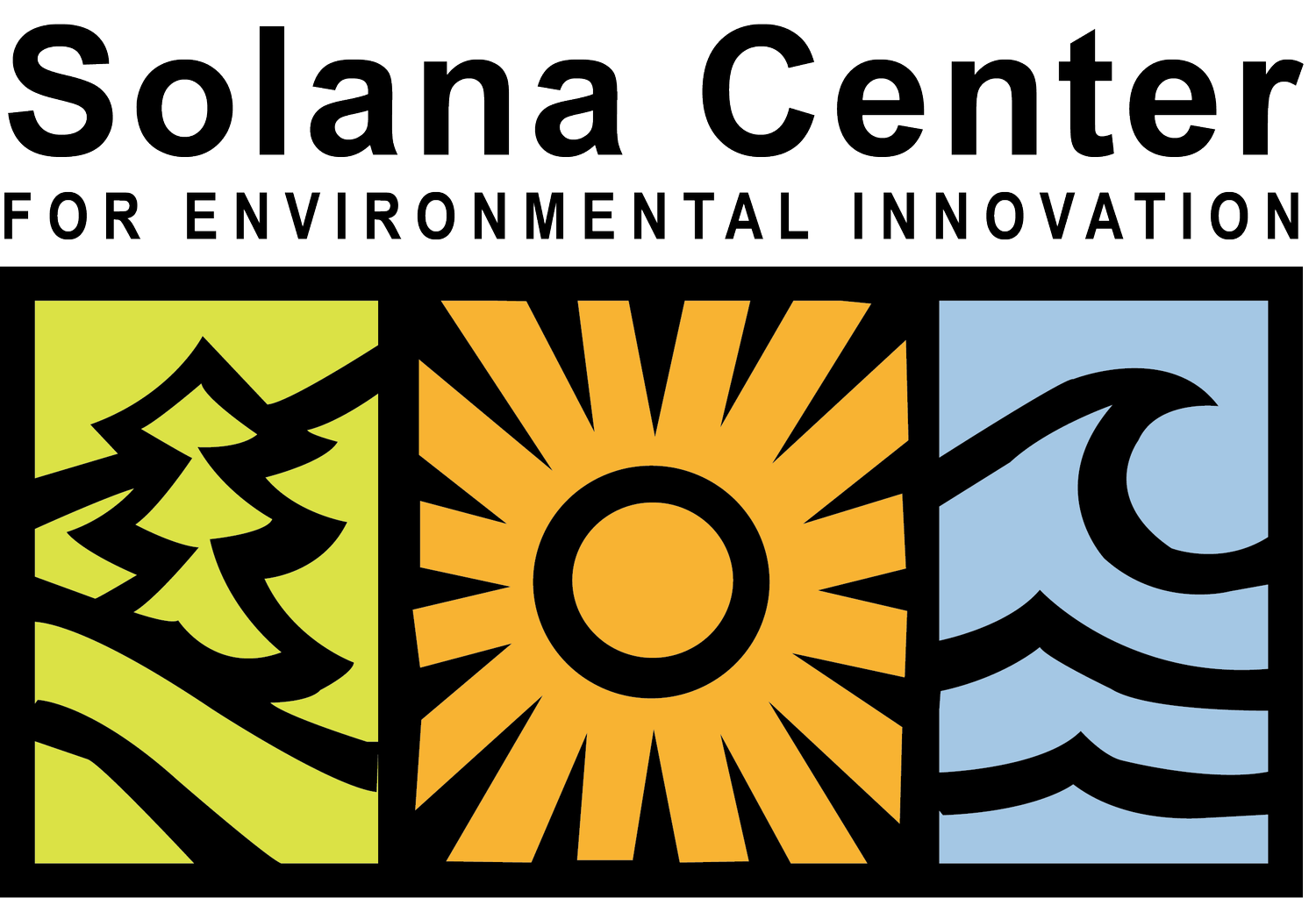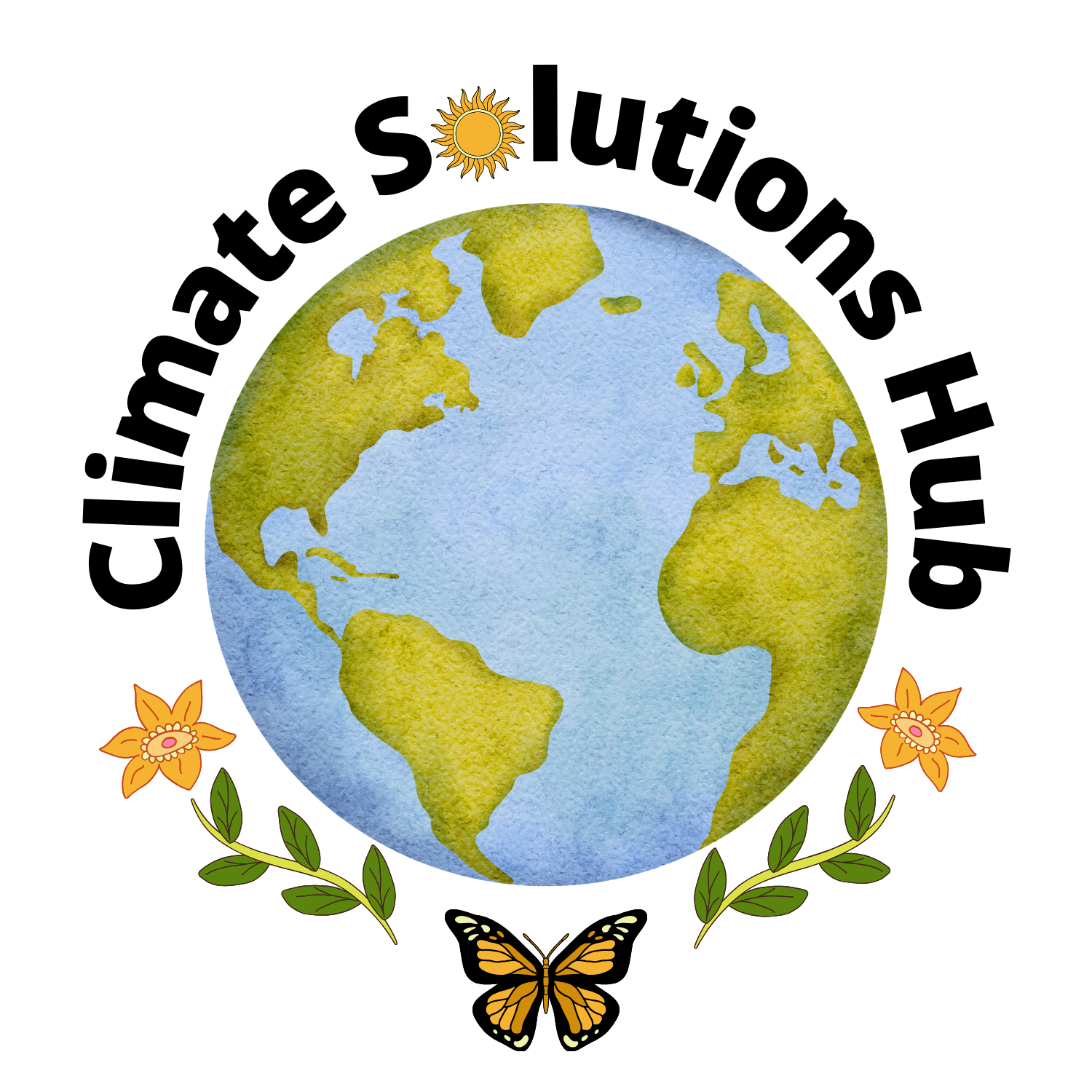
Solana Center for Environmental Innovation
Making climate solutions practical since 1983.
We depend on our local community to make this crucial work possible. During San Diego Gives, we invite you to invest in our climate future by giving a gift of support for sustaining and expanding our environmental education for youth, families, and adults of San Diego County and beyond.
Early giving open now! Save the date for September 9th to give where you live!
Get Involved!
-
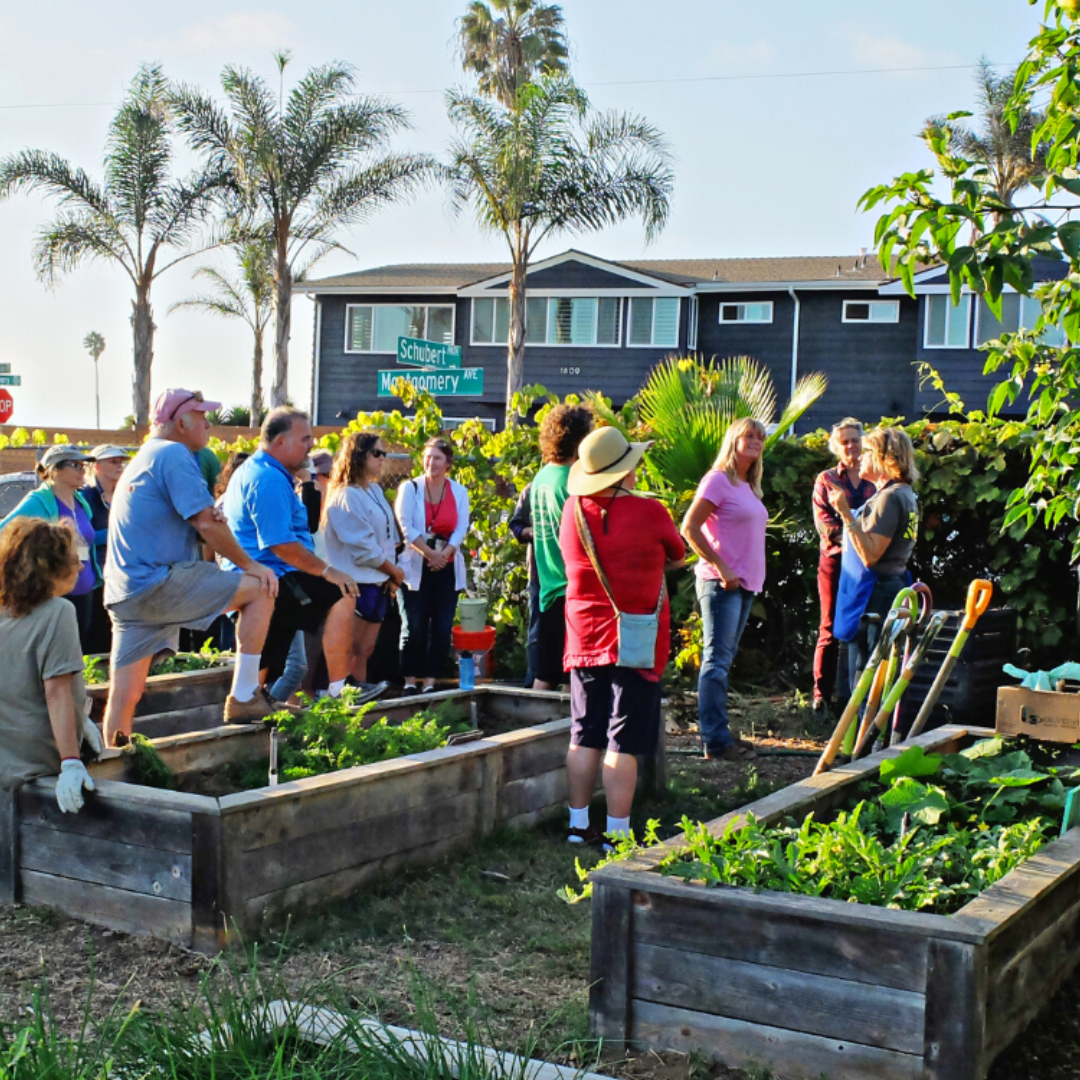
LEARN
Our team of expert educators provides engaging environmental education for people of all ages in the San Diego region and beyond. Topics include soil, water, and waste prevention.
-
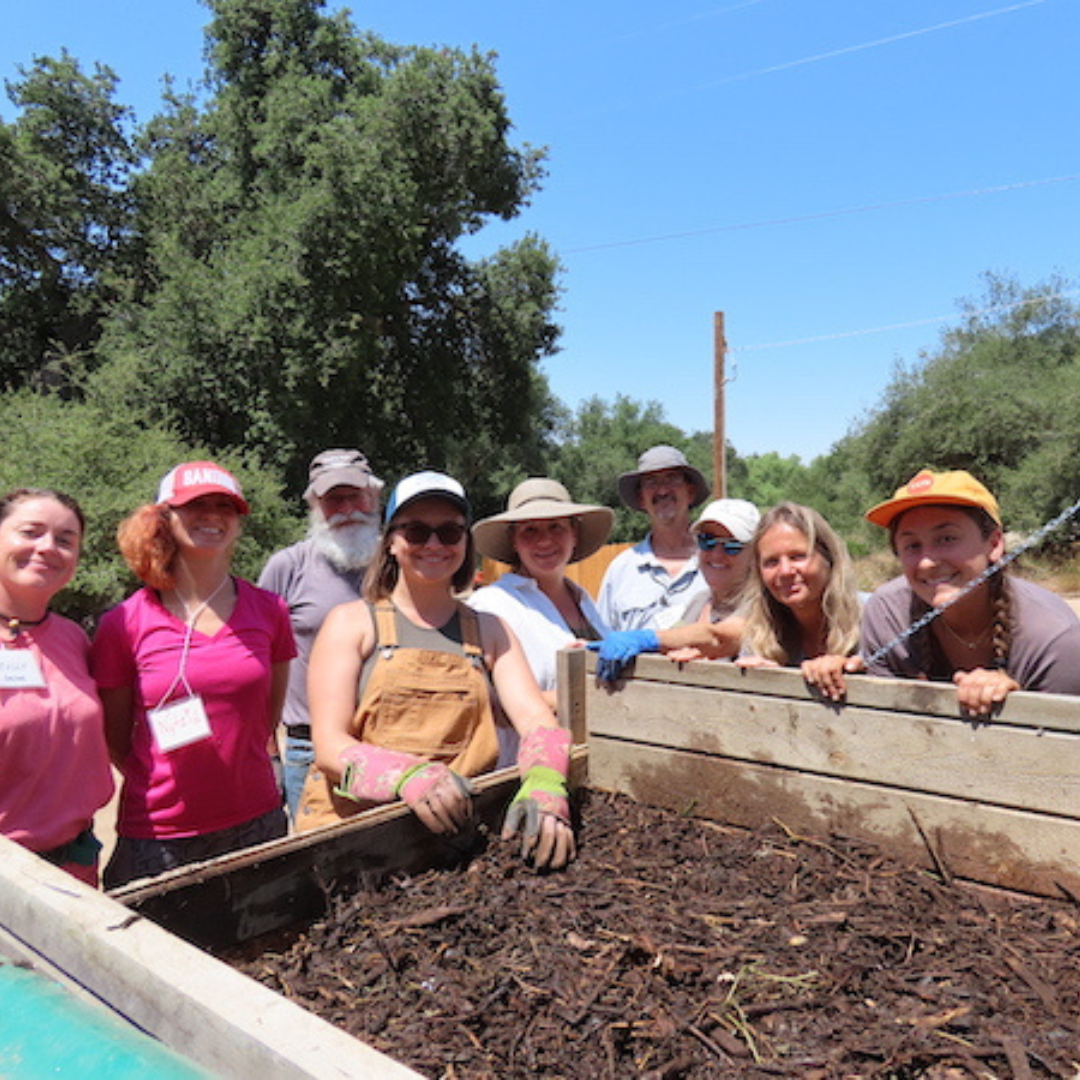
VOLUNTEER
Want to support our mission with your time? We offer many options, from community outreach booths throughout San Diego County to beautification at our headquarters.
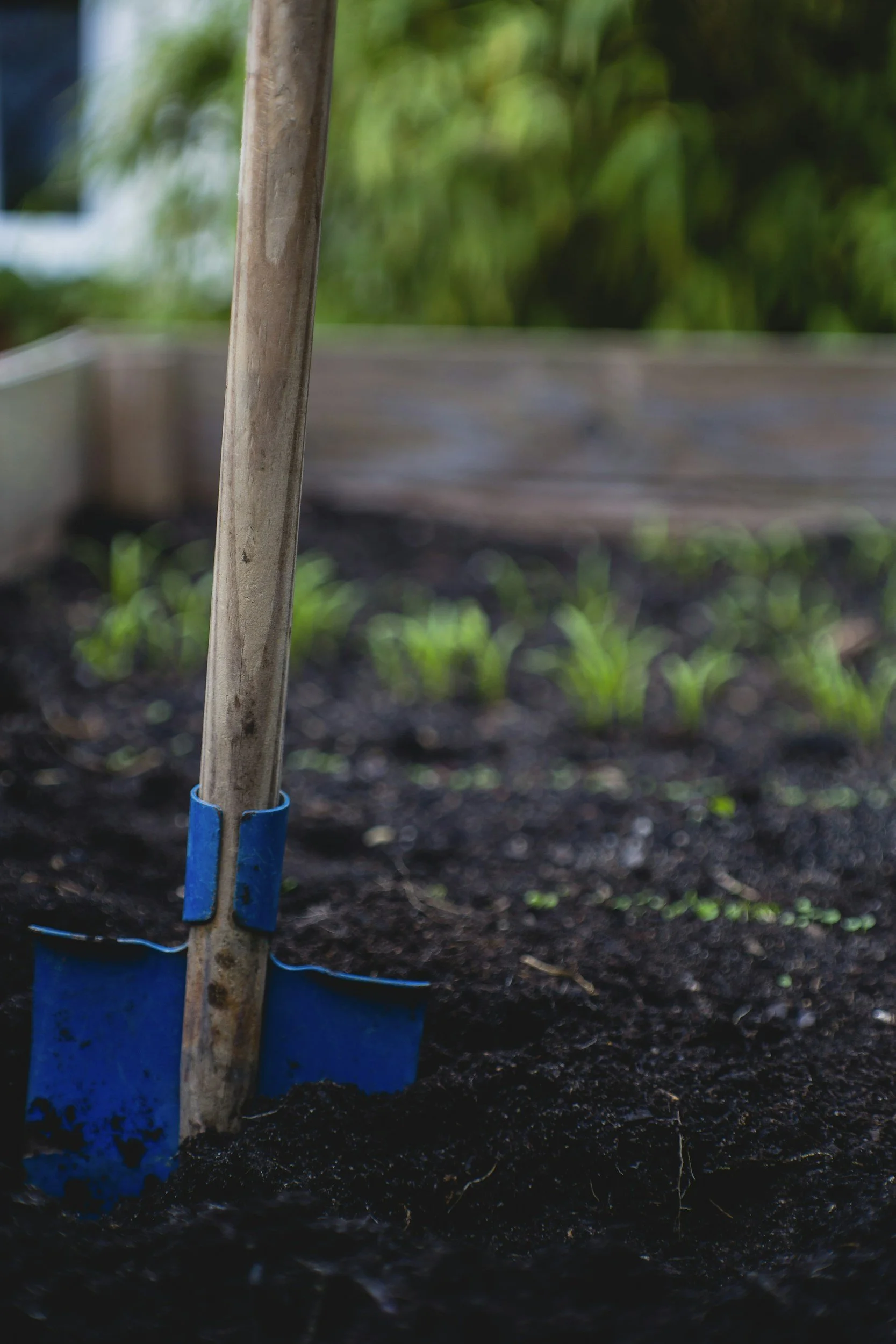
Want to live a greener life?
Looking for zero waste alternatives to traditional consumer goods?
Our Climate Solutions Hub offers a variety of practical ways to live a sustainable, eco-friendly life.
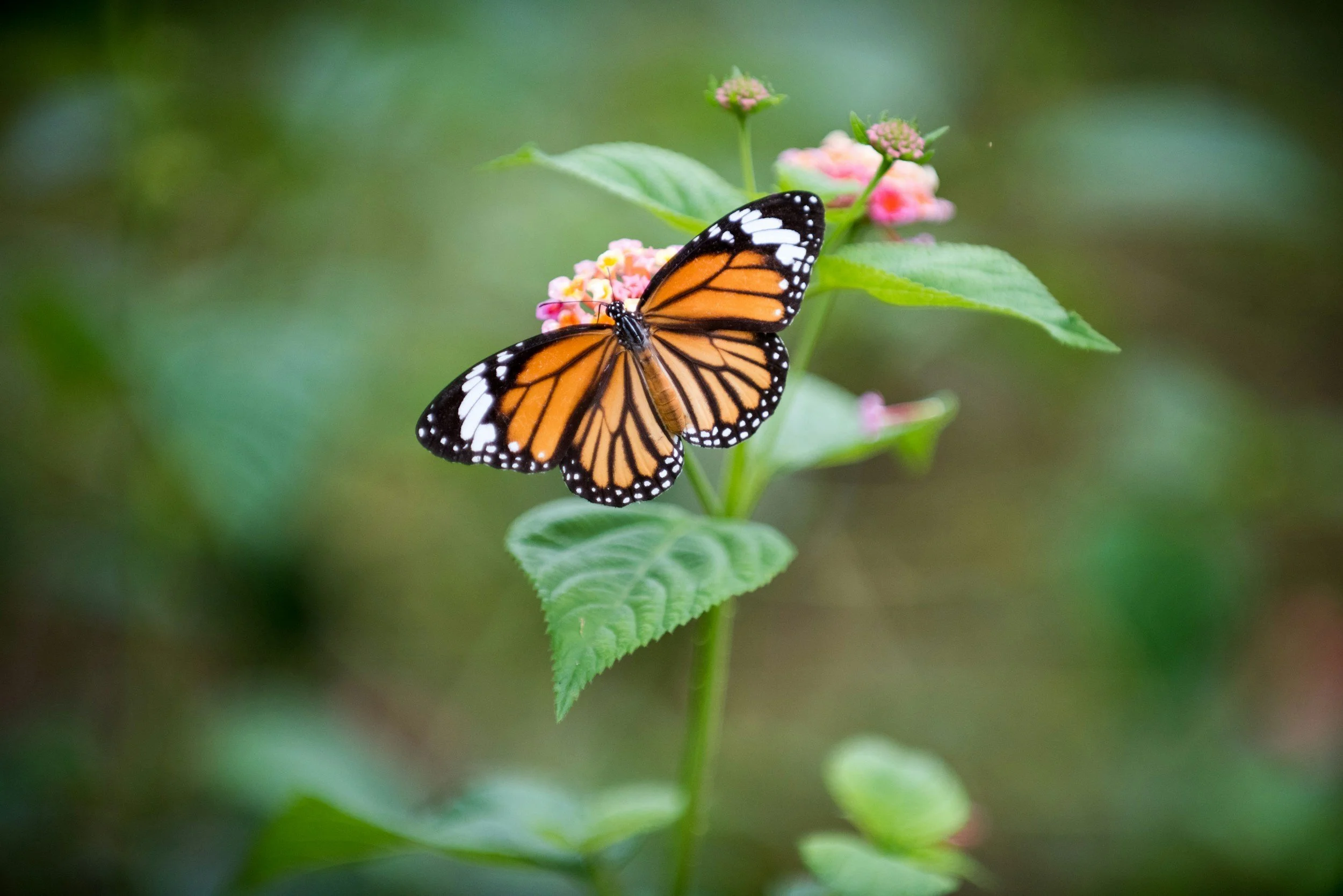
Our Mission is to empower innovative solutions to climate change through education, community engagement, and research.
Our Vision: a world with landfills and oceans free of discarded resources
We catalyze individuals, businesses, and local jurisdictions to work together to change behaviors and make real, measurable impacts on our environmental problems.
Take Action
-
From water stewardship and waste recovery to composting, gardening, learn how to implement low-waste sustainable practices in your household. We offer workshops, consultations, resources and more! https://www.solanacenter.org/programs
-
Make a change in your business with low-waste processes and education to save money and minimize waste. Contact us for a consultation or a lunch & learn presentation. https://solanacenter.org/business-programs/
-
We're at the forefront of environmental innovation and know the solutions to help you reach your goals. Work with us to protect San Diego region's natural resources and ecosystems. https://solanacenter.org/government-programs/
-
Solana Center's science-based school programs inspire and empower students to live sustainably, to reduce and rethink waste, and to become change-makers on their campuses and in their communities. https://www.solanacenter.org/school-programs
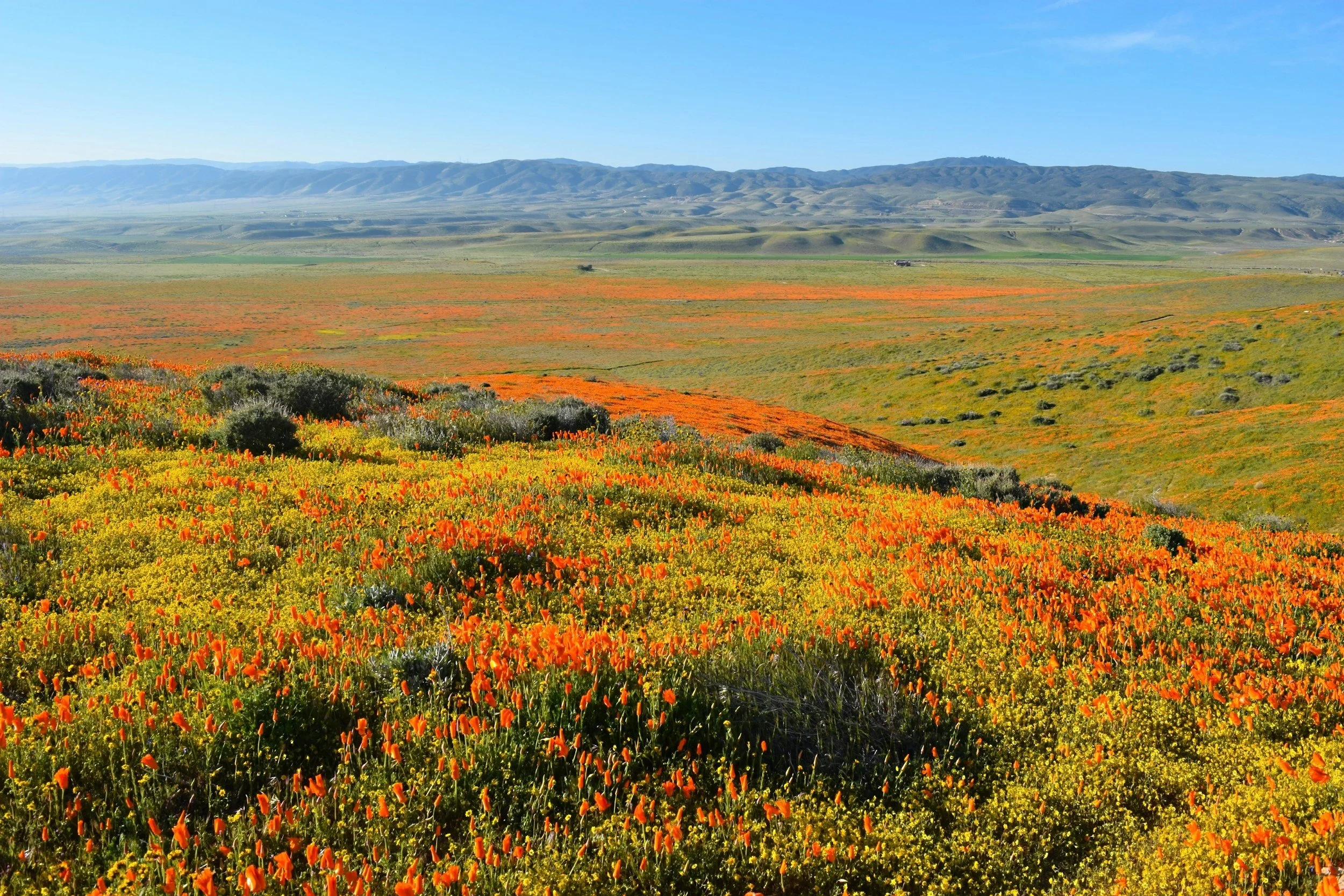
“Thank you for the wonderful contribution to the sustainability efforts of our community. I learned some valuable info/skills and met some wonderful people in the process.”
— Course Participant
